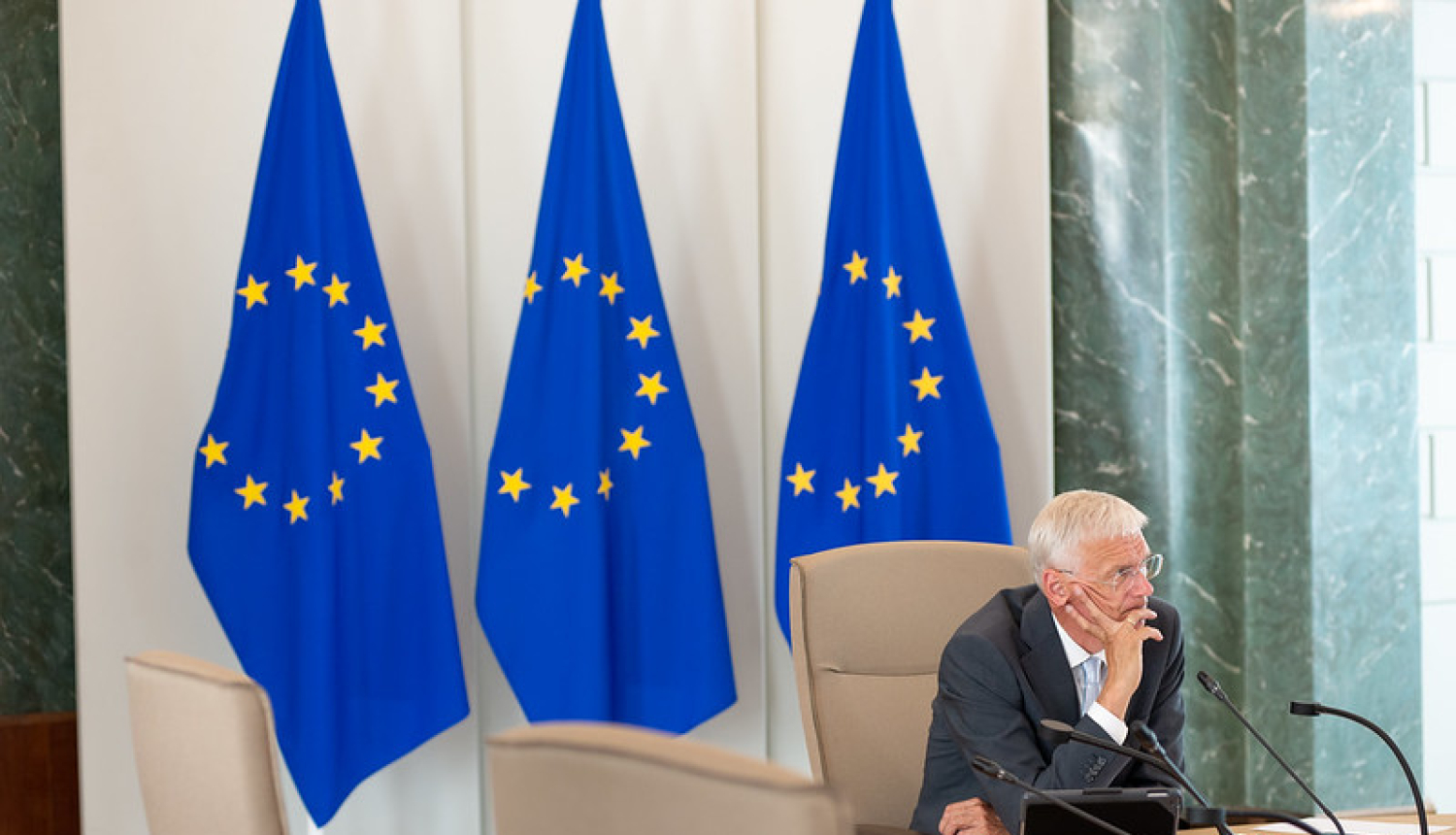The European Union is undergoing a green and digital transition that will transform our economies. Although the EU had already identified the importance of this twin transition, the COVID-19 pandemic has contributed to its acceleration and Next Generation EU will be a key tool in the years to come.
In this context, the European Council took an essential step forward by agreeing on a binding EU target of a net domestic reduction of at least 55% in greenhouse gas emissions by 2030 compared to 1990. The Fit for 55 package presented by the Commission on 14th July is now called to ensure that EU law is ready to implement that target.
This is only the start of the process. Notwithstanding the thorough analysis of all the legislative proposals that Member States will have to make so that negotiations can kick off at the Council level from September onwards, Spain and Latvia want to make a call for a fair green transition.
Both our countries are convinced of the desirability and unavoidability of the green transition in order to fight against climate change and make sure that future generations can enjoy a clean environment and thriving biodiversity. Therefore, the green transition is an unquestionable priority for the EU and the Member States, and we need to make sure that the transition is fair and socially inclusive, putting citizens at the centre of the process.
Both countries have the willingness to advance in adaptation policies to manage the negative climate impact that will be a damaging reality with profound implications for the European Green Deal and the Fit for 55.
This is why Spain and Latvia want to express their position about certain elements of the Commission’s proposals:
- One of the main objectives of the package Fit for 55 has to be strengthening the Single Market, one of the greatest achievements of our Union.
- The extension of the scope of the Emissions Trading System to transport and buildings raises concerns, since it would place proportionally higher costs on low-income households and SMEs. The proposed Social Climate Fund presents operational difficulties and is, at this moment, too complex to truly counter the regressive effects of this extension.
- The Effort Sharing Regulation should include proportionate and realistic objectives for each Member State.
- The new LULUCF Regulation should take into account not only present, but also future climate conditions of different Member States when evaluating their absorption capacity.
- The CBAM will play an essential role in the green transition. The EU must avoid carbon leakage that could benefit third countries that are not committed to the fight against climate change
The Fit for 55 Package should be a stepping stone in the integration of climate as a crosscutting element in European policies and a key driver for sustainable growth, jobs and competitiveness. In the implementation of the Green Deal, citizens must remain at the centre of the process, since their support will be essential for the success of the green transition.



